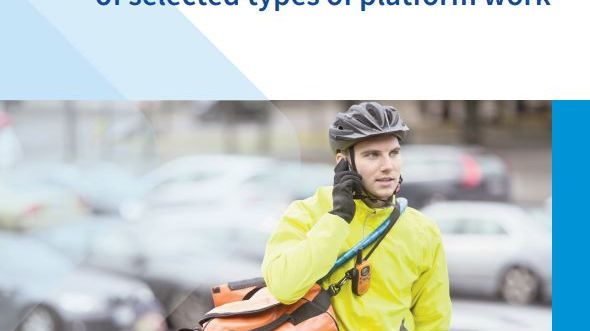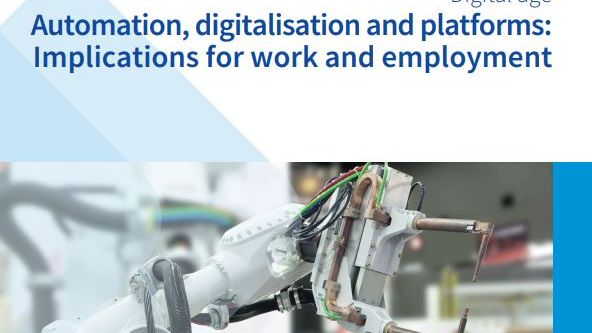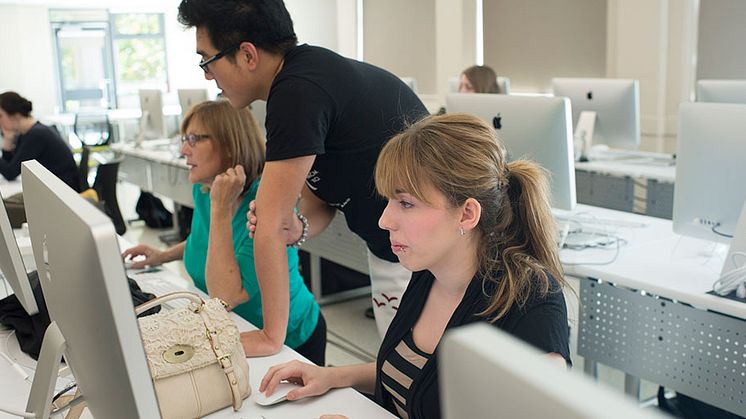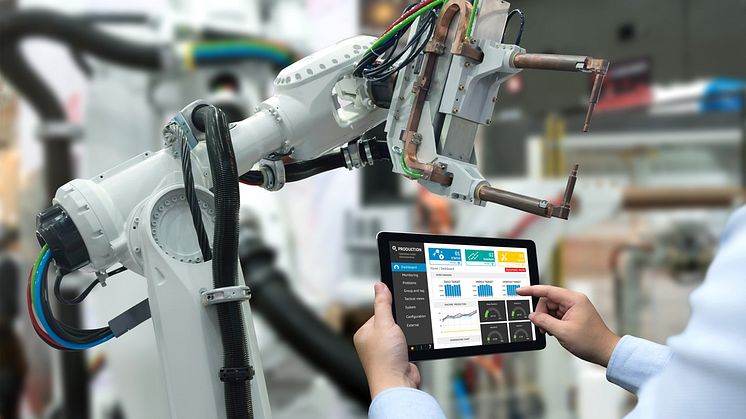
News -
Getting to grips with the growth of platform work
Platform work, understood as the matching of the supply of and demand for paid work through an online platform, is still relatively small in scale but is developing rapidly in the EU and becoming increasingly important for the digital economy.
Eurofound's new report Employment and working conditions of selected types of platform work identifies 10 common types of platform work, which cover most platform workers in the EU. It explores three in detail, namely: on-location platform-determined work, which is low-skilled work allocated by the platform and delivered in person; on-location worker-initiated work, which is low to moderately skilled work where tasks are selected and delivered in person; and online contest work, which is a form of high-skilled online work where the worker is selected by the client by means of contest.
The report emphasises the diverse nature of platform work, which is one of the main reasons that it has been so challenging to define and regulate. For example, when it comes to how platform workers are paid the report shows that earnings from most types of platform work are variable. On-location platform-determined work (such as that done via Uber) is paid by the hour, per task or a combination of both; while for online contestants (such as that done via 99designs) earnings depend on the outcome of the contests. On-location worker-initiated work (such as that done by ListMinut) provides the most predictable earnings since workers can set their own rates and largely determine their own working time. Many platform workers are also unsure about the tax treatment of their income, with numerous interviewees indicating that they avoid passing tax thresholds.
The report identifies adopting a common operational definition as a first step ensuring that platform workers are aware of their rights and obligations. Data on platform work should be incorporated into official EU and national statistics as a means of tracking its growth in Europe, this should include data on working and employment conditions across different types of platform work and on the longer-term prospects of workers. There is also a need to clarify the employment status of platform workers and develop minimum standards for platform-determined work - which could include the introduction of a minimum hourly wage when work is not covered by collective agreements or the legal minimum wage.
It is clear that platform work will continue to grow into the future, and it is something that will continue to present challenges and opportunities for workers and businesses for years to come. The challenge for policy-makers will be to not just harness the potential of platform work for economic development, but also to ensure that it develops in a way that respects workers' rights and is fair and sustainable for business.
- Download the report: Employment and working conditions of selected types of platform work
More on platform workEurofound are hosting a webinar at 14:00 - 16:00 CET on 8 November on 'Making the platform economy work well for workers'. There will be two hours of debate, new research and proposals on how to address the employment-related implications of platform work More info/registration: Making the platform economy work well for workers Eurofound has developed a user-friendly online repository which makes information on the platform economy and platform work in Europe, and beyond, transparent and accessible. The different types of documents are organised into separate sections, and users can browse through the sections or use the search function to look for specific information. Users can also set up subscriptions and alerts to be notified about new publications on specific topics. Get in detail: Platform economy repository |




